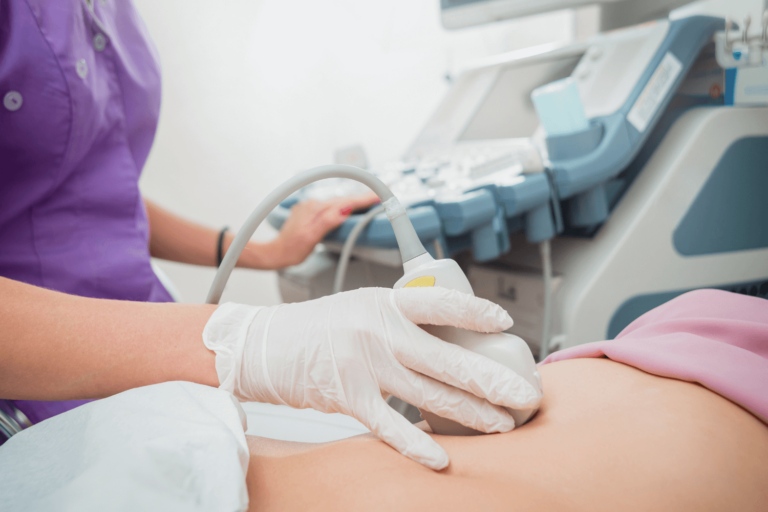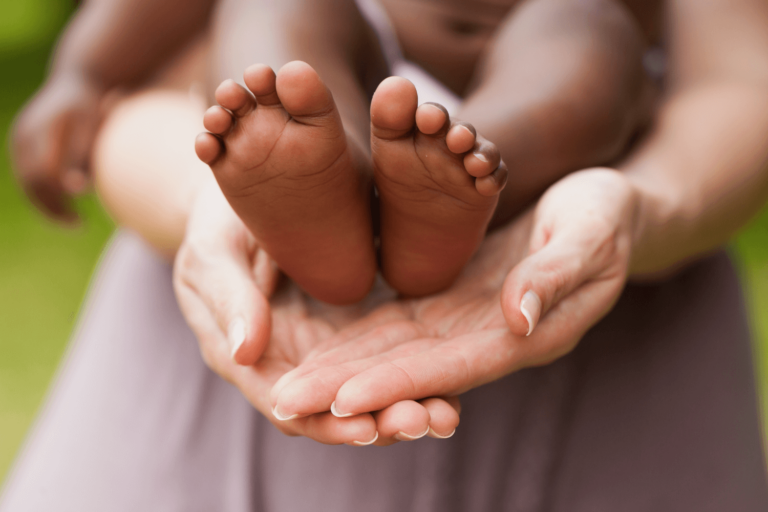Abortion is a significant and often complex decision for many women, involving both physical and emotional considerations. One aspect that is crucial to understand is how an abortion can impact your menstrual cycle, both immediately and in the long term. This blog post aims to provide clarity on what to expect regarding your menstrual health after an abortion.
Immediate Effects of Abortion on Your Menstrual Cycle
After an abortion, whether medical or surgical, your body undergoes several changes as it returns to its pre-pregnancy state. Here’s what typically happens:
Initial Bleeding
A woman who has just had an abortion will likely experience bleeding. This bleeding can last from a few days to a couple of weeks, depending on various factors. It is important to note that heavy bleeding can be a life-threatening complication of abortion; if you are soaking through one menstrual pad within an hour after having an abortion, you need to seek immediate medical attention.
Hormonal Fluctuations
Pregnancy hormones, particularly human chorionic gonadotropin (hCG), begin to decline rapidly after an abortion. This hormonal shift is responsible for regulating your menstrual cycle and can influence when your period will return.

First Period Post-Abortion
Generally, your first period after an abortion will occur within 4 to 8 weeks. The timing can vary based on factors such as how far along the pregnancy was, your natural cycle length, and individual hormonal balance.
Changes in Your Regular Menstrual Cycle
Once your period resumes, you might notice some changes in its characteristics. These can include:
Flow and Duration
Your first few periods after an abortion might be different from your usual periods. They could be heavier or lighter, and the duration might be shorter or longer than what you are accustomed to. This is your body’s way of adjusting back to its regular cycle.
Cramping and Discomfort
Some women report more intense cramping during their initial periods post-abortion.
Cycle Regularity
It’s common for menstrual cycles to be irregular for a few months following an abortion. Factors such as stress, hormonal changes, and the physical impact of the procedure contribute to this irregularity.
Long-Term Menstrual Health Concerns
Abortion can impact various areas of life; there are some long-term considerations to keep in mind regarding menstrual health:
Reproductive Health
Persistent irregularities in your menstrual cycle post-abortion might impact your overall reproductive health. It is important that you share any concerning symptoms (intense cramping, heavy bleeding, etc.) with your doctor.

Emotional Impact
The emotional aftermath of an abortion can influence menstrual health. Stress, anxiety, and depression can disrupt your hormonal balance, leading to irregular periods. Seeking support from a counselor or support group can help manage these emotions and promote overall well-being.
Understanding Your Period After Abortion
Abortion impacts various areas of life, including a woman’s menstrual health, both immediately and more long-term. It is important to understand the various complications and ramifications that come with having an abortion, especially when thinking long-term about reproductive health. If you are experiencing concerning symptoms after an abortion, please seek immediate medical attention.




